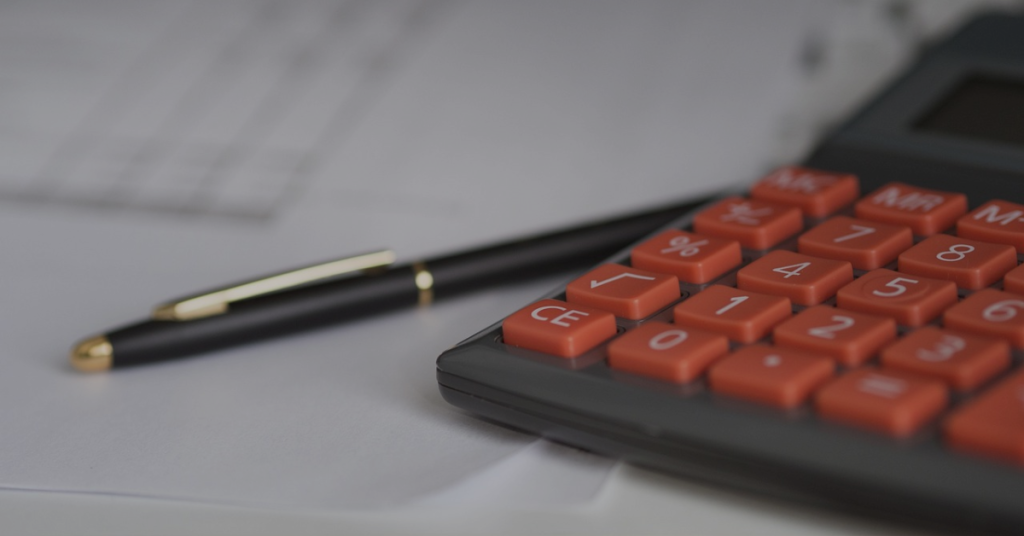There are a few things you can do to avoid plagiarism in your dissertation. One is to be aware of what you’re writing, and make sure that the language you use is appropriate for the topic. Another is to use accurate citations when referencing other literature. And finally, always be sure to follow the policy of your professor or institution.
Outline the purpose and importance of plagiarism in academic writing
Plagiarism in academic writing is a crucial issue that affects the integrity of scholarly work. Plagiarism refers to presenting someone else’s work as your own without proper attribution. It can take various forms, such as copying and pasting text from a source or paraphrasing ideas without giving credit to the original author.
The purpose of checks in academic writing is to ensure that the content presented is original and based on independent research. It helps maintain the credibility and reliability of research publications by promoting honest and ethical practices among scholars. Moreover, checks help prevent unintended errors in citations or referencing styles.
In your dissertation, plagiarism can have severe consequences, including rejection or invalidation of your work. Therefore, it is essential to understand the importance of citing sources accurately and appropriately throughout your dissertation.
Plagiarism: What it is, how to avoid it, and how to detect it
Plagiarism is a serious offense that can lead to devastating consequences for anyone who commits it. In the academic world, plagiarism is particularly frowned upon and can lead to expulsion or even revocation of degrees. Plagiarism involves taking someone else’s work and passing it off as your own without proper attribution or acknowledgment. If you’re working on your finance dissertation help, it’s important to understand what plagiarism is, how to avoid it, and how to detect it.
To avoid plagiarism in your dissertation, make sure you are familiar with citation styles such as APA, MLA, or Chicago. These styles provide guidelines on how sources should be cited within text and in bibliography sections. Additionally, use tools like Turnitin or Grammarly to check for instances of unintentional in your writing.
The three dangers of plagiarism
Plagiarism in your dissertation is a serious offense that should be avoided at all costs. Academic integrity not only demands originality but also ensures that you learn and grow as a scholar in your field of study. There are three main dangers, which can lead to severe consequences.
Firstly, plagiarism calls into question the legitimacy of your work and may tarnish your reputation as an academician. This could result in disciplinary action from academic institutions or even legal action if copyright laws have been violated. Secondly, plagiarizing undermines the learning process since it deprives one of opportunities to engage with primary sources and develop critical thinking skills. Thirdly, plagiarism inhibits personal growth since it denies one the chance to improve their writing skills through practice and feedback.
It is important for students to recognize that has far-reaching implications beyond their academic careers.
How to determine if a work is plagiarized
Plagiarism in your dissertation can lead to serious consequences, including academic penalties and damage to your reputation. Therefore, it’s essential that you take the necessary steps to ensure that your work is original and free. Here are some tips on how to determine if a work is plagiarized.
Firstly, use plagiarism detection tools such as Turnitin or Grammarly. These tools are designed to detect instances of copied text by comparing your work against a vast database of published works and online sources. By using these tools, you can quickly identify any instances where you may have accidentally copied someone else’s work.
Next, check for proper citation and referencing. Every time you use someone else’s ideas or words in your dissertation, make sure you properly reference them according to the required citation style (APA, MLA etc.).
The consequences of plagiarism
Plagiarism in your dissertation can have serious consequences that go beyond just a bad grade. The act of submitting someone else’s work as your own is not only unethical but can also lead to legal and professional repercussions. In the academic world, plagiarism is considered a form of cheating that violates the principles of academic integrity.
When caught, students who commit plagiarism may face disciplinary action such as failing the assignment or even expulsion from their program. Additionally, universities take seriously and may report the offense to future institutions or employers, damaging the student’s reputation and career prospects. Beyond academia, those found guilty of committing in professional settings may be subject to lawsuits and may even lose their job.
The consequences of plagiarism are far-reaching and can have long-lasting effects on an individual’s academic and professional life.





